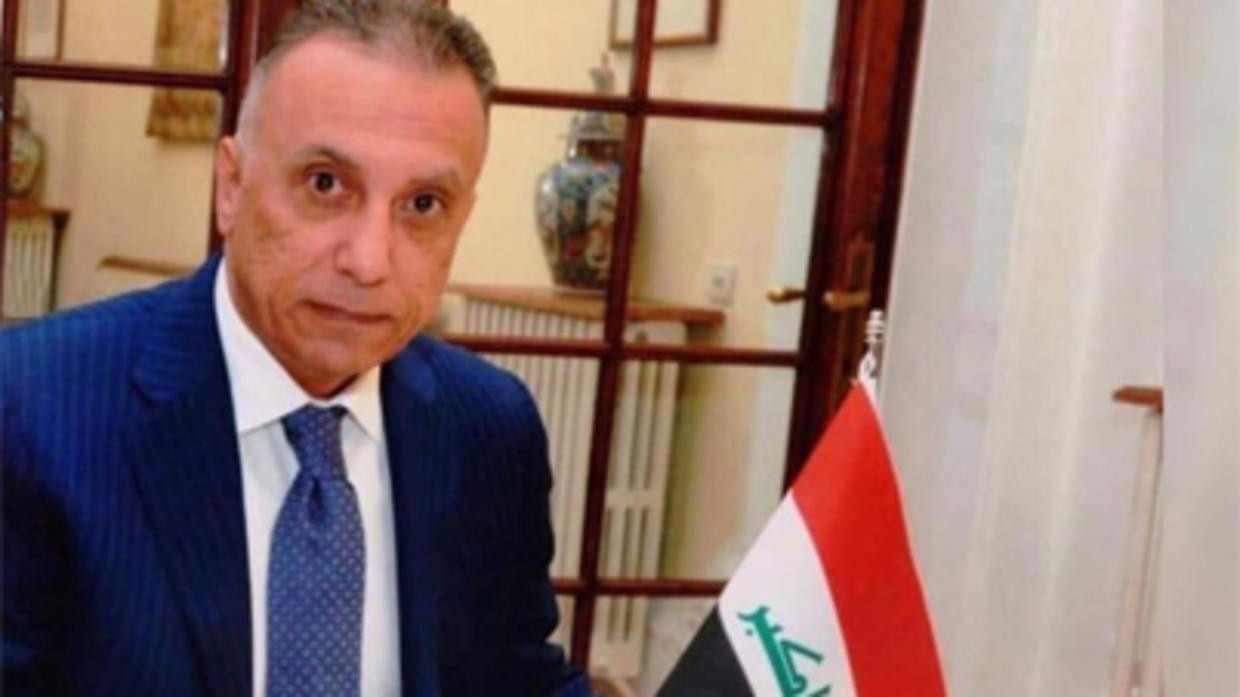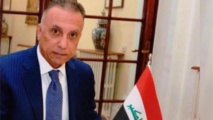His visit also comes as the central government in Baghdad and the Kurdish region are holding discussions over next year's budget, Kurdish oil and control over border crossings in Kurdistan.
Al-Kadhimi was received in the Kurdish capital, Erbil, by the region's Prime Minister Masrour Barzani.
He leads an official delegation from Baghdad, which includes the ministers of oil, defence and foreign affairs.
For weeks, officials from Baghdad and Erbil have been engaged in talks over oil, the federal budget and border crossing revenues. The Kurdistan region is hoping that Baghdad agrees to help it pay civil servants' salaries and debts to oil companies.
However, Baghdad wants Erbil to adhere to a previous agreement that Kurdistan give the federal government 250,000 barrels of oil per day.
Baghdad also seeks to take control of revenue coming from border crossings in the Kurdistan region to increase the government's non-oil revenues, a move that Kurdistan opposes.
Tensions between Erbil and Baghdad increased have since 2018 when allocations to Kurdistan in the federal budget were decreased from 17 per cent to 12.6 per cent.
Since then, Kurdistan has been suffering from economic problems, with people holding regular protests over the lack of services and delayed salary payments in the
He leads an official delegation from Baghdad, which includes the ministers of oil, defence and foreign affairs.
For weeks, officials from Baghdad and Erbil have been engaged in talks over oil, the federal budget and border crossing revenues. The Kurdistan region is hoping that Baghdad agrees to help it pay civil servants' salaries and debts to oil companies.
However, Baghdad wants Erbil to adhere to a previous agreement that Kurdistan give the federal government 250,000 barrels of oil per day.
Baghdad also seeks to take control of revenue coming from border crossings in the Kurdistan region to increase the government's non-oil revenues, a move that Kurdistan opposes.
Tensions between Erbil and Baghdad increased have since 2018 when allocations to Kurdistan in the federal budget were decreased from 17 per cent to 12.6 per cent.
Since then, Kurdistan has been suffering from economic problems, with people holding regular protests over the lack of services and delayed salary payments in the









 Home
Home Politics
Politics











